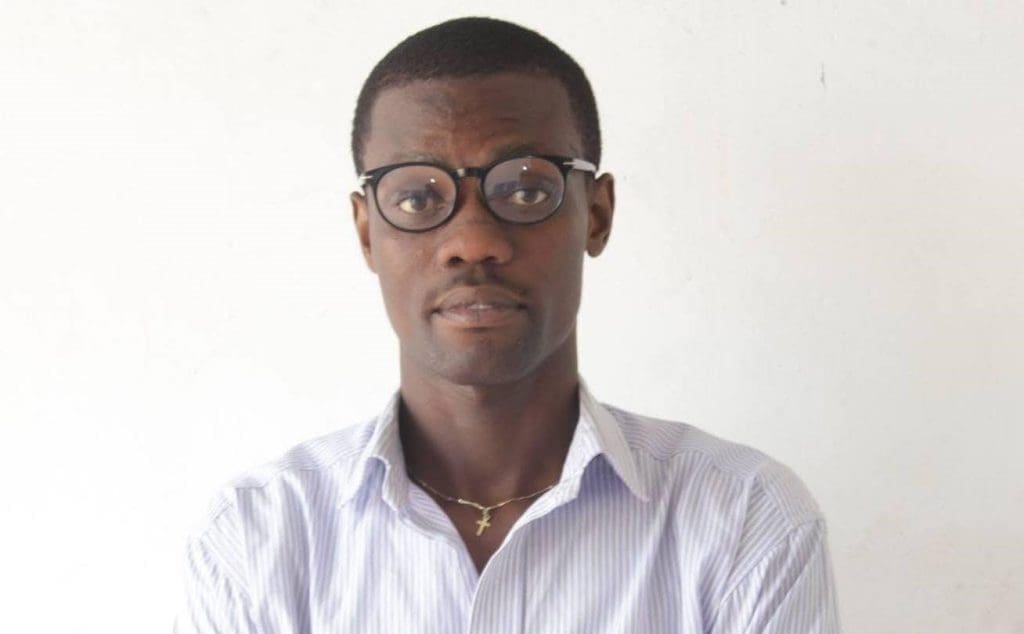A growing cloud of concern is forming over the conduct of the Criminal Investigations Department (CID) of the Ghana Police Service after blogger and editor of Dklassgh.com, Sammy Amedetor, was picked up from his bed at 3am, handcuffed, and detained far beyond the constitutionally mandated 48-hour limit for a publication linked to the famous Number 12 investigative documentary by journalist Anas Aremeyaw Anas.
Amedetor was arrested in the early hours of Friday and taken to the Signals Bureau, where he was interrogated primarily about a video he had published and later removed from his blog.
The footage was an excerpt from the Number 12 exposé and allegedly featured the former Board Chair of the National Communications Authority (NCA).
He was released around 11pm that same Friday and instructed to return to the Signals Bureau the following Tuesday.
But when he reported as directed, the Signals Bureau handed him over to the Criminal Investigation Department (CID), who subsequently transferred him to the Ministries Police Station, where the editor has remained in custody—well beyond the legal timeframe required for charge or bail.
Amedetor has maintained that all questions posed to him—both by the Signals Bureau and the CID—focused solely on how he obtained the snippet of the Anas documentary.
A statement issued by the CID and signed by its Public Relations Officer, Chief Inspector Brigitte Babanawo, said Okatakyie Boakye Danquah Ababio I filed a complaint against the blogger for “publishing malicious false information” about him.
According to the CID, Amedetor admitted to the offence during interrogation and mentioned one Chairman Michael Yeboah as the person who contracted him to publish the allegedly false content. Police say Yeboah is currently being sought to assist with investigations.

But the circumstances surrounding the arrest—particularly the pre-dawn swoop, the use of handcuffs, and the extended detention—have raised eyebrows.
Ghana’s 1992 Constitution is unequivocal: a suspect must be charged or released within 48 hours.
Holding a journalist for more than that period, especially over content-related questions, has revived debates about growing intolerance toward the media and creeping abuse of police powers.
Press freedom advocates argue that nothing in the facts presented so far—whether the alleged complaint or the publication of a documentary excerpt—warranted a dramatic 3am arrest or prolonged detention without bail.
They warn that such tactics are characteristic of intimidation rather than legitimate law enforcement.
Amedetor is expected to be arraigned before court on Friday, November 21, 2025, even as questions mount about whether due process has already been breached.
For now, his continued detention stands as a stark test of Ghana’s commitment to press freedom, rule of law, and the constitutional protections meant to shield citizens—journalists included—from arbitrary arrest and detention.













